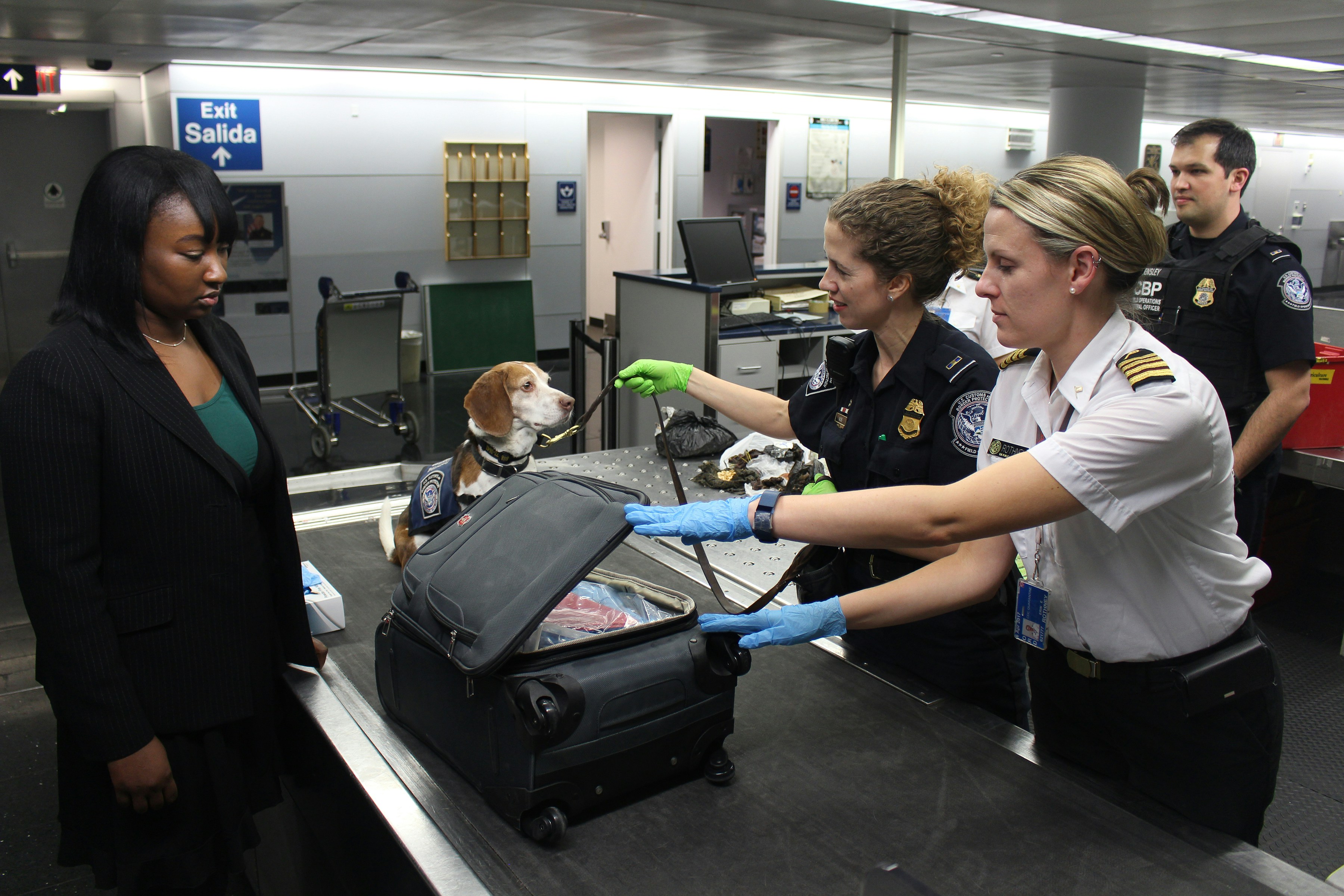Ensuring your passport has sufficient validity is crucial for hassle-free international travel. Discover the recommended validity period and avoid any travel hiccups.
When planning to travel abroad, it is essential to ensure that your passport has a sufficient validity period. But what exactly is the recommended timeframe? In this article, we explore the importance of having a passport with an adequate validity period and provide insights on the ideal duration to avoid any travel hiccups. Whether you’re a seasoned traveler or embarking on your very first international trip, understanding this crucial aspect will help ensure a smooth and hassle-free journey. So, let’s dive in and discover the answers to the frequently asked question: What is the recommended validity period for my passport when traveling abroad?
This image is property of images.unsplash.com.
Why Passport Validity is Important
Passport validity is a critical aspect of international travel that should never be overlooked. As global citizens, it is essential for us to understand the importance of having a valid passport and adhering to the general rules and regulations associated with it. In this article, we will explore the significance of passport validity, the general rules for passport validity, the six-month validity rule, exceptions to this rule, renewal and extension options, considering your travel plans, the importance of a valid passport as a precautionary measure, and how to check your passport’s validity before traveling. By the end of this comprehensive guide, you will be well-informed and prepared for hassle-free international travel.
General Rules for Passport Validity
It is crucial to note that passport validity requirements vary by country. Each nation has its own set of rules and regulations regarding the validity of passports. For most countries, a passport must be valid for at least six months beyond the intended date of departure. While this is a common requirement, it is essential to research and familiarize yourself with the specific validity requirements of the country you plan to visit. Failing to meet these requirements could result in denied entry or even legal consequences.
This image is property of images.unsplash.com.
Valid Passports and Entry Requirements
When it comes to entering a foreign country, passport validity becomes even more significant. Many countries enforce strict passport validity requirements for entry. This means that if your passport does not meet the minimum validity period specified by the country you are visiting, you may be denied entry at the immigration checkpoint. To avoid any complications and ensure a smooth entry process, it is crucial to have a passport that satisfies the entry requirements of the country you intend to visit.
Additionally, some countries may require you to have extra months of passport validity beyond your intended stay. For example, if you plan to stay in a country for three months, the immigration authorities may require your passport to be valid for an additional three months beyond your departure date. It is important to familiarize yourself with these specific requirements and plan accordingly to avoid any last-minute inconveniences.
The Six-Month Validity Rule
One crucial aspect of passport validity is the six-month validity rule. This rule stipulates that a passport must be valid for at least six months beyond the date of entry into a foreign country. While not all countries enforce this rule, many popular travel destinations do. This means that if you plan to visit a country that adheres to the six-month validity rule, your passport must have a validity of at least six months at the time of entry.
The enforcement of the six-month validity rule varies from country to country. While some nations may strictly adhere to this requirement, others may exercise flexibility and allow entry with a passport that has a shorter validity period. Therefore, it is essential to research the specific requirements of the country you plan to visit and ensure that your passport meets the necessary validity criteria.
This image is property of images.unsplash.com.
Exceptions to the Six-Month Rule
While the six-month validity rule is widely observed, there are exceptions to this requirement. Some countries do not enforce the six-month validity rule at all, allowing travelers to enter with a passport that has a validity of less than six months. However, it is crucial to note that even if a country allows entry with a passport that has less than six months validity, it may still be advisable to renew your passport before traveling. Renewing your passport in advance ensures that you will not encounter any issues or inconveniences during your trip.
It is also worth noting that some countries have their own specific validity requirements, which may differ from the standard six-month rule. For example, certain countries may require a minimum validity of only three or four months beyond the intended stay. It is essential to thoroughly research and understand the passport validity requirements of the country you plan to visit to avoid any complications.
Renewal and Extension Options
Renewing your passport before it expires is always a wise decision. It not only ensures that you meet the minimum validity requirements for travel but also provides you with peace of mind during your trip. Most countries allow passport renewal up to six months before its expiration date, so it is recommended to initiate the renewal process well in advance.
If, for any reason, you need to extend the validity of your passport, certain countries offer passport extension services. However, it is essential to note that not all countries provide this option. It is advisable to check with your country’s embassy or consulate in the destination country to determine if this service is available.

Considering Your Travel Plans
When planning a trip abroad, it is crucial to consider the duration of your travel and the visa requirements of the country you intend to visit. Some countries may have specific validity requirements for different types of visas. For example, a tourist visa may have different validity requirements compared to a student visa or a work visa.
Additionally, some countries require a longer validity period if you plan to stay for an extended period or if you intend to engage in certain activities, such as employment. Therefore, it is important to thoroughly research the specific visa requirements and validity periods of your destination country to ensure a smooth and hassle-free travel experience.
Valid Passport as a Precautionary Measure
Having a valid passport serves as a precautionary measure in unexpected circumstances and unplanned extensions. It is impossible to predict certain situations that may require you to extend your stay in a foreign country. Medical emergencies, flight cancellations, natural disasters, or personal reasons could all result in unforeseen stay extensions. In such cases, having a valid passport not only allows you to legally remain in the country but also ensures that you can avail necessary services, such as medical care or government assistance, if needed.
Emergency situations requiring immediate travel to your home country or another destination also emphasize the importance of a valid passport. In such scenarios, having a valid passport eliminates the unnecessary stress and delays associated with renewing an expired passport. It enables you to access emergency services, book flights, and navigate immigration checkpoints smoothly during critical times.

Checking Passport Validity Before Travel
To ensure a hassle-free travel experience, it is essential to review your passport expiration date well in advance of your departure. Most countries require your passport to be valid for at least six months beyond the date of entry, so it is important to check the expiration date and plan accordingly. If your passport is close to expiring, it is advisable to renew it before your upcoming trip.
Renewing passports well in advance is crucial to avoid any last-minute complications or delays. Passport renewal processes may vary in different countries, and unexpected delays may occur during the application process. By renewing your passport with ample time before your trip, you can mitigate any potential issues and ensure that you meet the minimum validity requirements of your destination country.
Conclusion
In conclusion, passport validity is of utmost importance when it comes to international travel. Adhering to the general rules and regulations of passport validity ensures a smooth entry into foreign countries and eliminates potential legal consequences. Understanding the six-month validity rule and any exceptions to it is essential for planning your travels without any obstacles. Taking into account the duration of your travel and the specific visa requirements of your destination country allows for a stress-free experience. And finally, having a valid passport serves as a precautionary measure in unforeseen circumstances and ensures you are prepared for any emergency situations that may arise. By checking your passport’s validity well in advance and renewing it if necessary, you guarantee a hassle-free journey. So remember, being aware of passport validity requirements and being prepared will set the stage for a delightful and worry-free international travel experience. Safe travels!

















